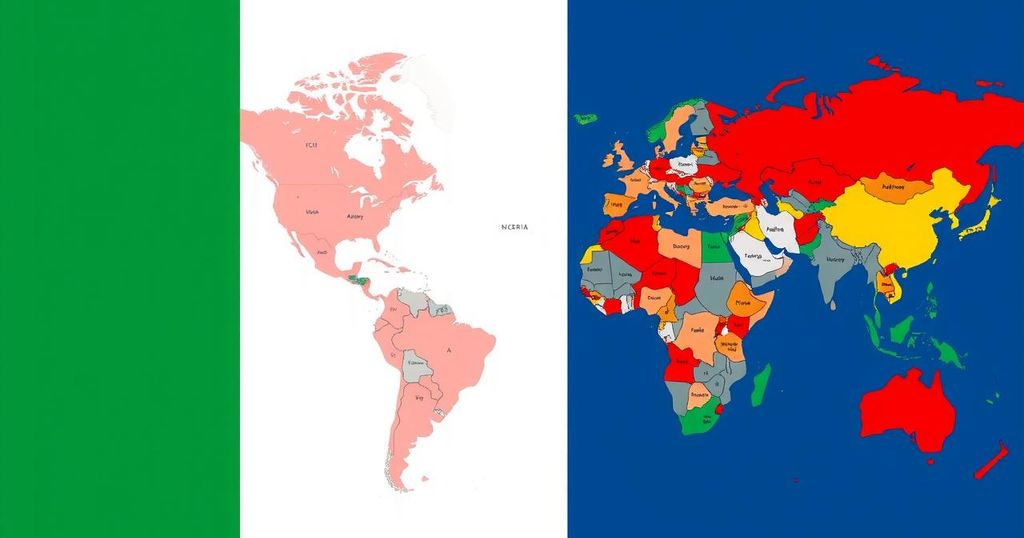Nigeria’s Economic Revival: The Necessity of Meaningful Reform in GDP Rebasing

The Nigerian government intends to rebase the Consumer Price Index and GDP by 2025 to reflect the informal sector, aiming to boost policy accuracy and attract investors. While previous rebasing efforts established Nigeria as Africa’s largest economy, current challenges suggest a decline. There is a critical need for comprehensive reforms to achieve sustainable growth and stabilize the economy despite high inflation and corporate exits.
The Nigerian government has revealed intentions to rebase both the Consumer Price Index (CPI) and Gross Domestic Product (GDP) by 2025. This strategic move aims to incorporate informal sector contributions, which represent a substantial 60% of the economy. The intent is to increase policy effectiveness and bolster foreign investor confidence, particularly as Nigeria seeks to elevate its GDP to $1 trillion. Previous rebasing efforts, notably in 2014, nearly doubled Nigeria’s GDP figures, establishing it as the largest economy in Africa, surpassing South Africa. However, Nigeria has since experienced a contraction of approximately 31% in GDP size from 2014 to 2023, raising concerns about the authenticity of such economic adjustments.
Stakeholders remain critical, emphasizing the necessity for genuine economic reforms rather than superficial changes that could be perceived as mere “clever paperwork.” Recent data from the Nigerian Bureau of Statistics (NBS) showcased an unrealistic drop in unemployment rates, generating skepticism about the true state of the job market amid a grim reality. The current methodology for GDP calculations aligns with international standards, yet projections indicate Nigeria risks slipping to the fourth-largest economy in Africa by the end of 2024, indicating a dire situation.
International investors prioritize genuine economic growth and regulatory clarity over mere GDP rankings influenced by volatile exchange rates. Notably, substantial economic reforms initiated by the current administration since May 2023 have led to spiraling inflation, severe food shortages, and a tangible exodus of multinational corporations from Nigeria due to worsening business conditions.
Ultimately, despite an inflated GDP figure post-rebasing, the country must confront significant challenges such as insecurity, economic instability, and inadequate infrastructure. A comprehensive economic strategy is urgently needed, one that addresses these pressing issues and lays a foundation for sustainable growth and stability within the Nigerian economy.
In recent years, Nigeria has undergone significant economic transformations, particularly through GDP rebasing efforts aimed at accurately reflecting its economic activities. The 2014 rebasing exercise was a pivotal moment for Nigeria, allowing it to claim the title of Africa’s largest economy. However, subsequent economic contractions and the failure to maintain robust growth have led to scrutiny of Nigeria’s economic reporting and its preparedness to sustain this status. The government’s renewed effort to integrate the informal sector into GDP calculations seeks to provide a more realistic picture of economic health and attract foreign investment, but it is also met with skepticism regarding the efficacy of such measures without meaningful underlying reform.
In conclusion, Nigeria’s plan to rebase its GDP figures is a crucial step toward integrating its informal economic sector and enhancing policy accuracy. However, unless accompanied by substantial economic reforms, such as improving security, addressing macroeconomic challenges, and investment in infrastructure, this rebasing may remain merely cosmetic. The country must transition from a reliance on inflated figures to fostering real economic growth to sustain its aspirations of reclaiming its position as Africa’s economic leader.
Original Source: punchng.com








